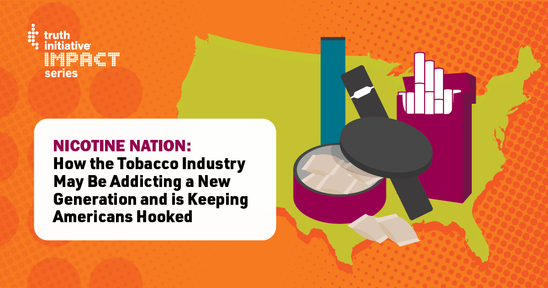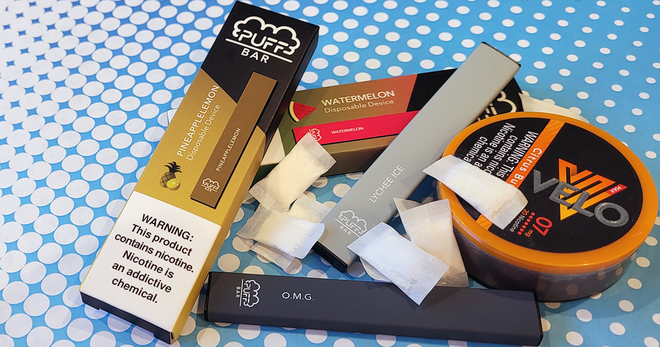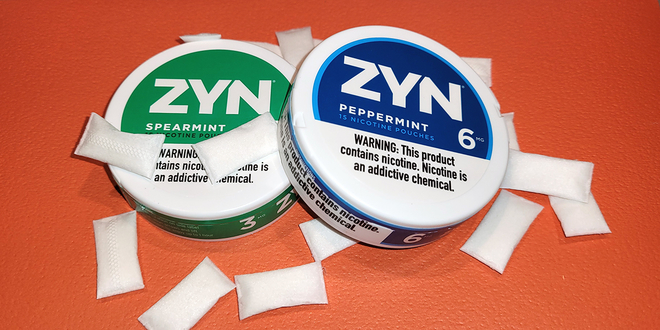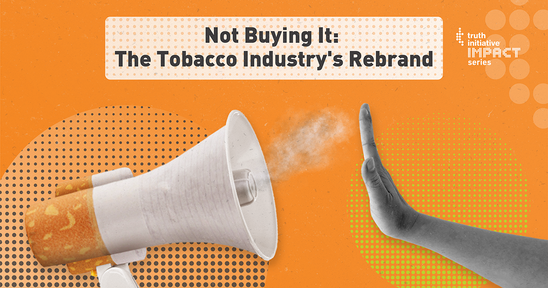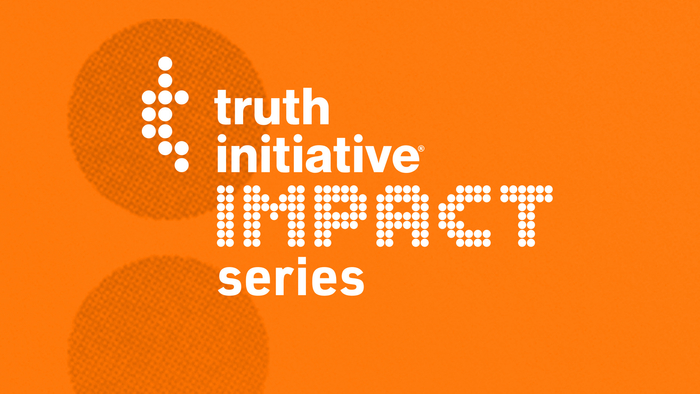
Truth Initiative Impact Series
The Truth Initiative Impact Series is a robust, recurring event that brings together key stakeholders and experts to engage in thought-provoking conversations about ways we can innovate and inspire action to achieve a culture where young people reject smoking, vaping, and nicotine. The goal of this thought leadership series is to convene diverse partners in tobacco control and other public health organizations, parents, teachers, and policy makers, who can benefit from Truth Initiative’s work.

